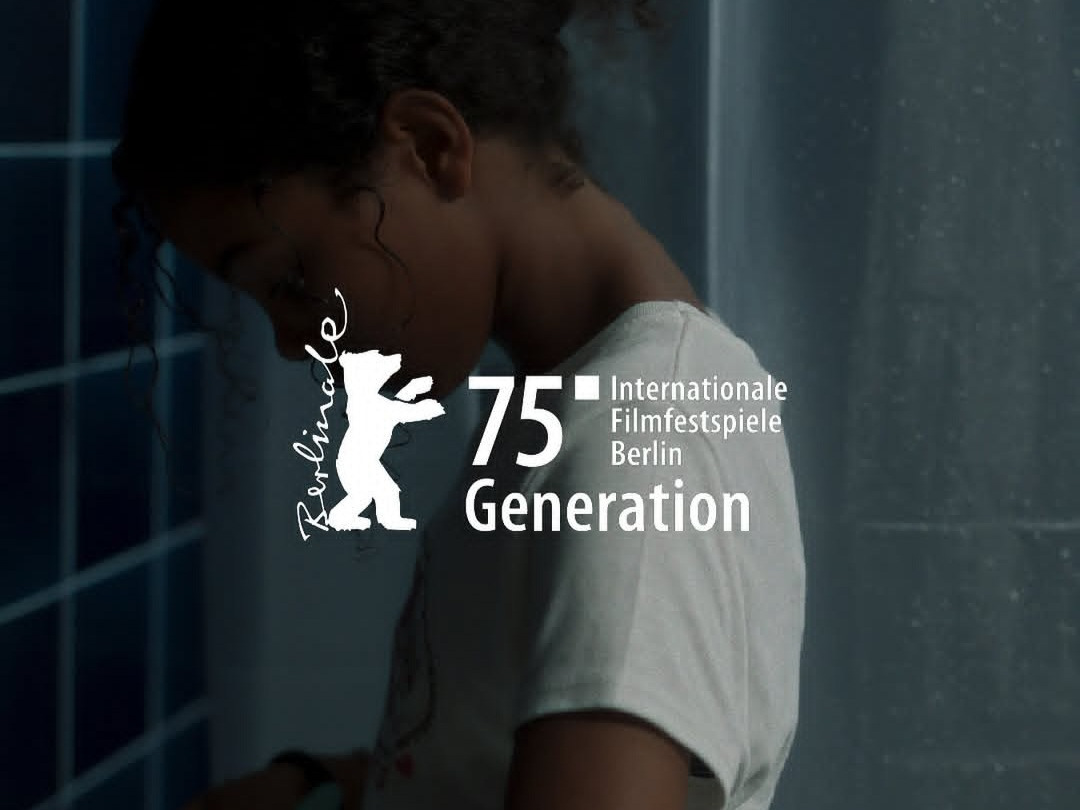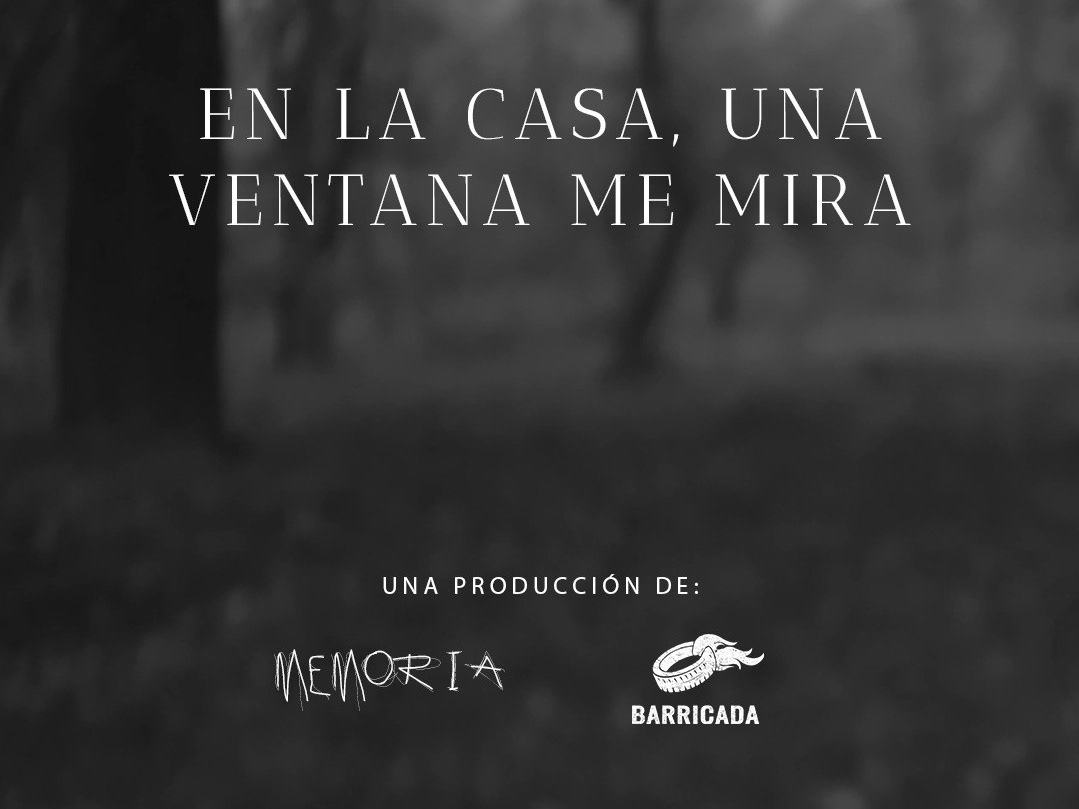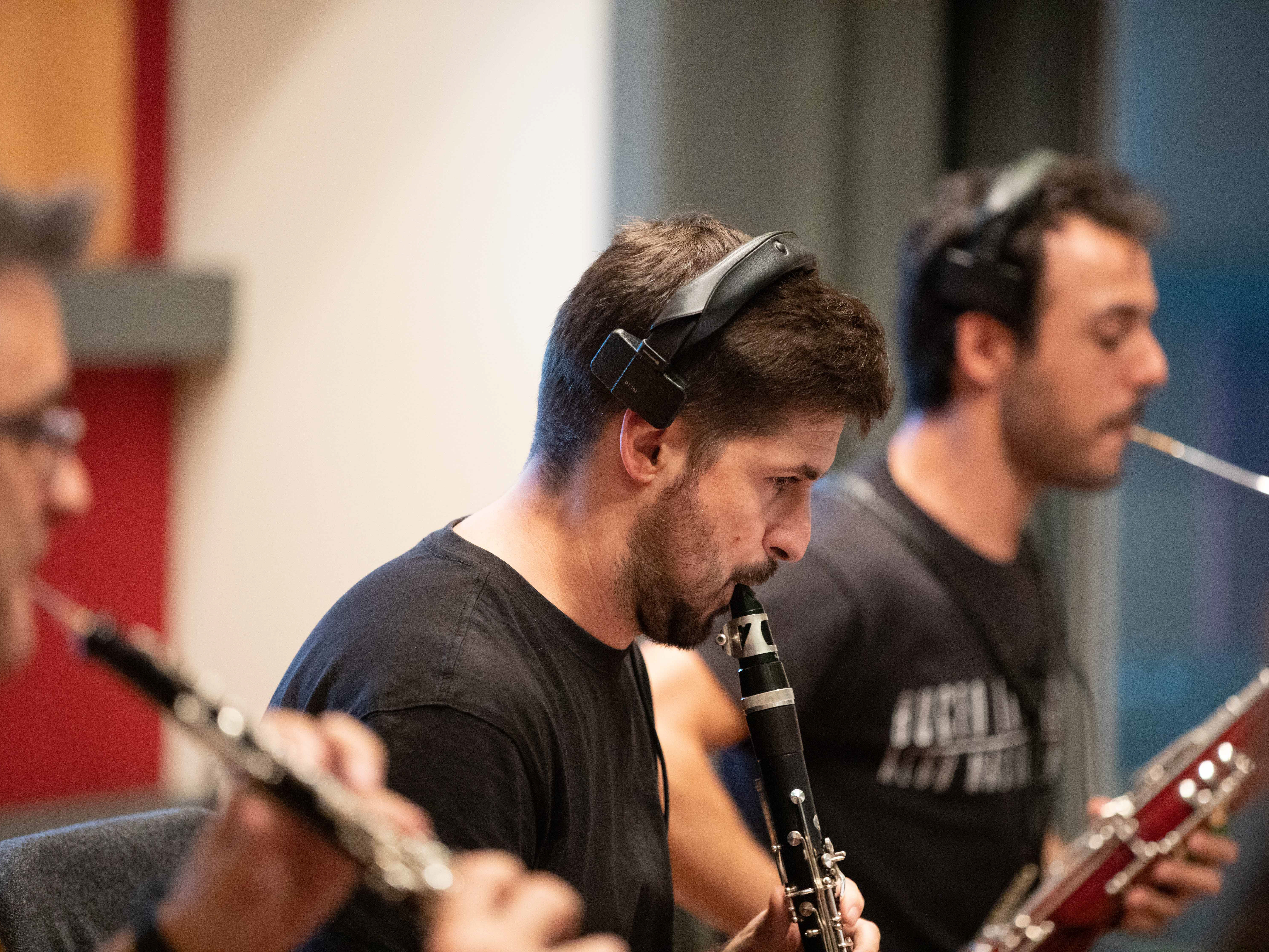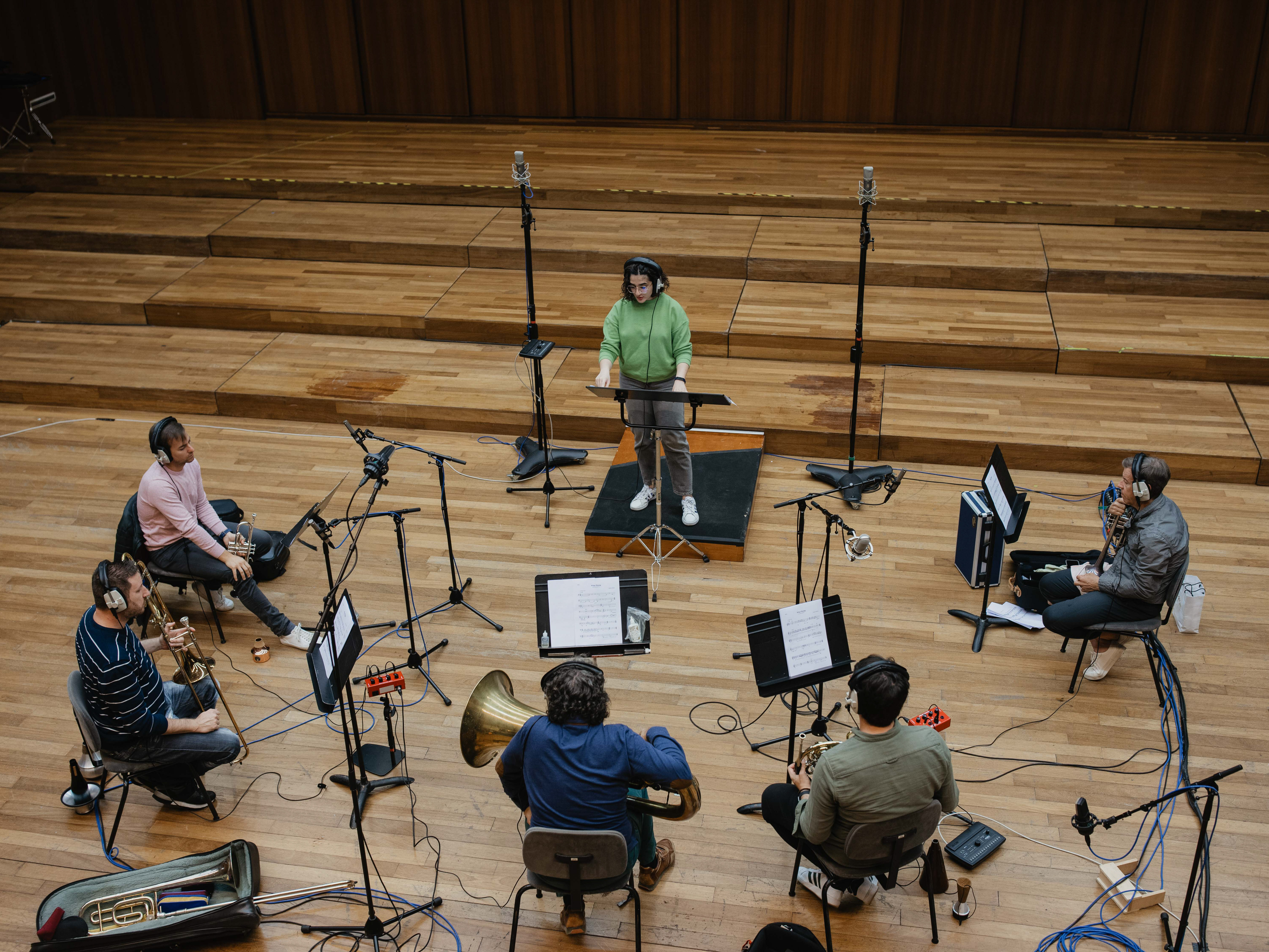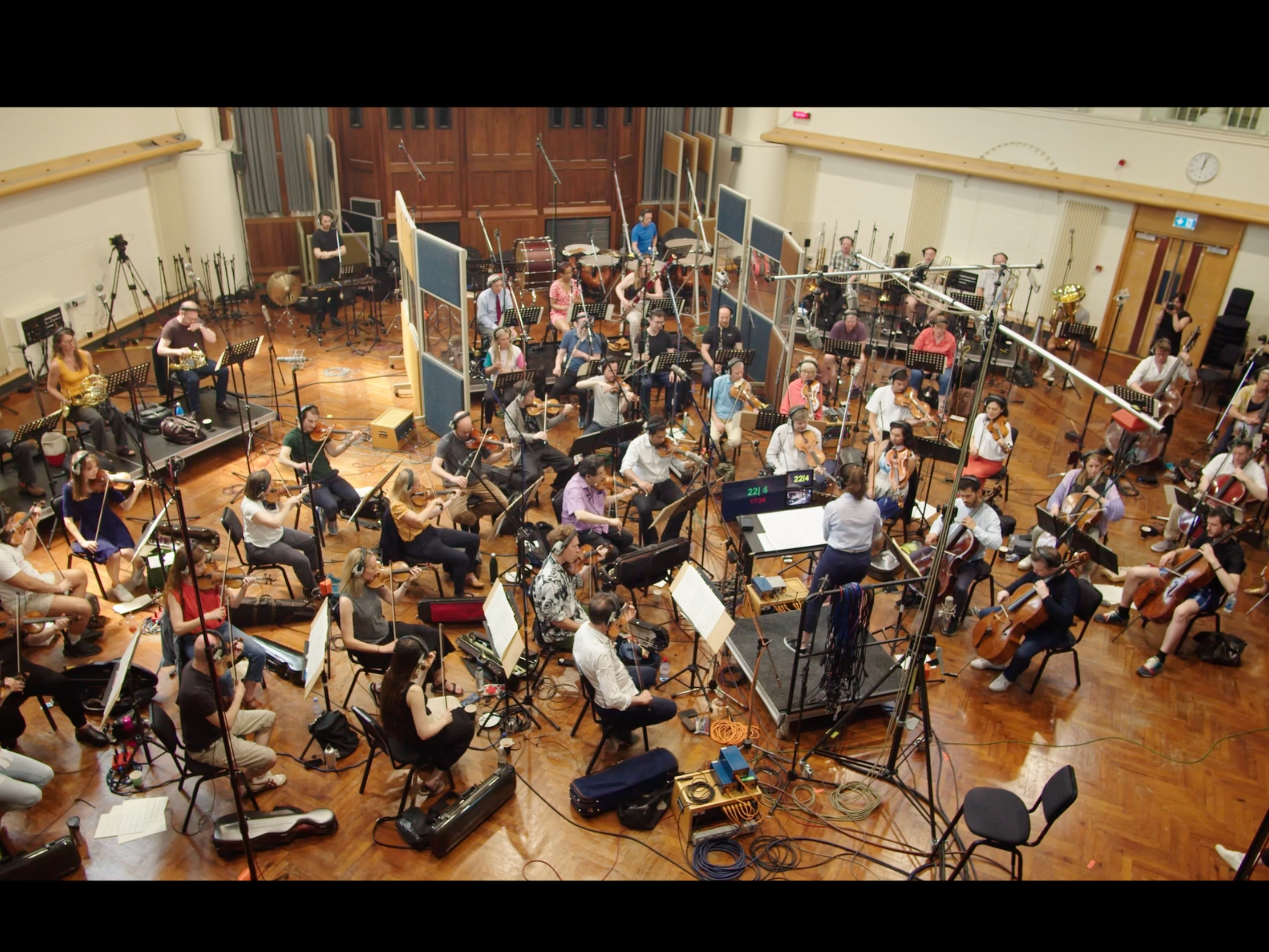The lady was always dressed in black, and smiling dragged her rheumatism from the bedroom to the living room. There weren´t any other rooms, but there was a window overlooking a small, brownish garden. She looked at the clock hanging from her chest and thought it would be more than an hour before the children arrived. They were not hers. Sometimes two, sometimes three coming from the crumbling houses, beyond the little square, crossing the wooden bridge over the ditch, dry now but full of raging water during the winter storms.
Although the children started going to school, they always managed to flee their homes or classrooms during lazy, calm naptime. All two or three were dirty, hungry and physically very different. But the old woman could always recognize in them some trace of her lost grandson. Sometimes it was Juan´s earnest eyes and smile; other times she discovered his eyes in Emilio or Guido. But not an afternoon went by without some gesture of her grandson.
She walked unhurriedly to the kitchen to prepare three bowls of coffee and quince-wrapping pancakes.
That afternoon the boys did not ring the bell at the gate but instead knocked at the front glass door. It took a while for the old woman to hear them, but the steady, gentle knocking continued. Finally, because she had gone to the room to prepare the table, the old woman heard the noise and saw the three figures that had walked up the steps.
Sitting around the table with their cheeks swollen from the sweetness of candy, the children went about the usual nonsense, and accused each other of failures and betrayals. The old woman could not understand anything, but still watched them eat with a smile on her face. But that afternoon, after carefully staring to avoid mistakes, she decided that Emilio was reminding her of her grandson far more than the other two. Especially in the way he moved his hands.
While washing the dishes in the kitchen she heard the chorus of laughter, the muffled voices of secrecy and then silence. One sneaked, and she couldn´t hear the thud of the iron on her head. She heard nothing more, wobbled her body and then laid still on the kitchen´s floor.
They rummaged through all the bedroom furniture, and looked under the mattress. Bills and coins were split, and Juan proposed Emilio:
—Hit her again. Just in case.
They walked slowly in the sun, and when they reached the board on the ditch they returned separately to the slum. Each to their hut, and Guido, when he arrived in his, empty as usual in the evening, lifted clothes, junk, and waste from the drawer that he kept beside the cot and pulled the white, stained money box to put his earnings in it—a pig-shaped plaster box with a slot in the back.
The piggy bank, Juan Carlos Onetti
